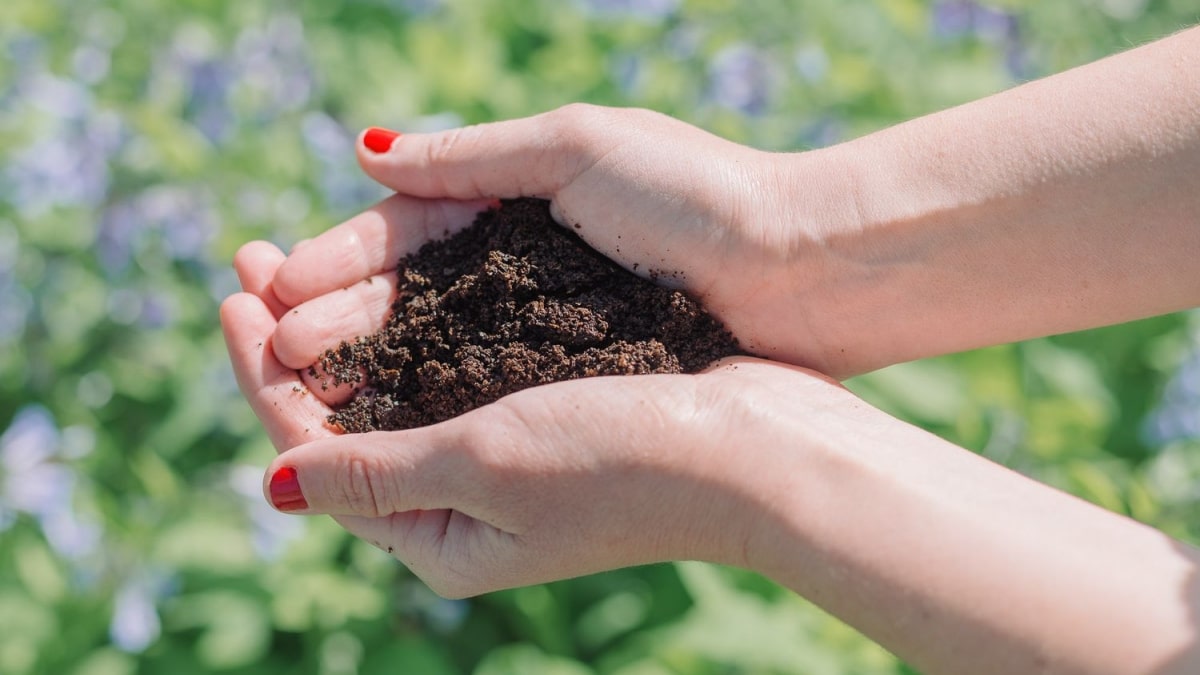When it comes to gardening, enthusiasts are always looking for new and creative ways to care for their plants. The use of coffee grounds as a natural fertilizer is one such technique that has gained favor. However, does this fragrant waste really have the ability to increase your plants’ vitality? Let’s explore the information offered by grass and plant experts to learn the real story behind this green-thumb phenomenon.
Contents
Understanding Coffee Grounds:
Phosphorus, potassium, nitrogen, and other vital nutrients are abundant in coffee grounds, which are the leftovers from your morning brew. They also contain organic matter, which promotes microbial activity and helps to improve soil structure. Gardeners are now interested in learning more about these qualities and how they might help plants.
Boost Your Nutrient Content:
Grass and plant experts say that coffee grounds’ high nitrogen content can improve soil fertility, encouraging strong growth and colorful leaves. Nitrogen influences the growth of leaves and stems, making it an essential component for plant development. Gardeners can give their plants a consistent supply of nitrogen by adding coffee grounds to the soil. This will help the plants grow healthier and more vibrant.
Soil Amendment:
Coffee grounds are also a great way to improve the pH of your soil, especially if your soil is acidic. Coffee grounds break down to release compounds that slightly acidify the soil, which is good for plants that like acid, like blueberries, rhododendrons, and azaleas. Nonetheless, it’s critical to keep an eye on the soil’s pH levels to avoid over-acidification, which could be harmful to some plant species.
Natural Pest Repellent:
Coffee grounds have inherent insect-repelling qualities in addition to their nutritional value. Coffee grounds contain caffeine, which discourages common garden pests like snails and slugs. Gardeners can protect their plants from potential damage by creating a barrier that deters pests by covering vulnerable plants with a layer of coffee grinds.
Potential for Composting:
Moreover, adding coffee grinds to compost piles speeds up the decomposition process and adds important nutrients to the finished compost. Coffee grounds help create nutrient-rich compost that can be used to feed plants all over the garden when mixed with other organic materials like kitchen scraps and yard waste.
Cautions and Considerations:
Although coffee grounds are beneficial to plants in many ways, it is important to use caution when applying them to your garden. Overuse of coffee grounds can cause an imbalance in nitrogen, which will prevent seeds from germinating. Furthermore, the acidifying effect of coffee grounds may be problematic for plants like tomatoes and cucumbers that prefer neutral to alkaline soil.
Conclusion:
In conclusion, the advice given by grass and plant experts clarified the possible advantages of introducing coffee grounds into your gardening practice. Coffee grinds provide a variety of benefits for plants, including adding vital nutrients to the soil and acting as a natural insect deterrent. Gardeners can cultivate lush greenery and adopt sustainable gardening practices by responsibly utilizing the power of this organic resource.

